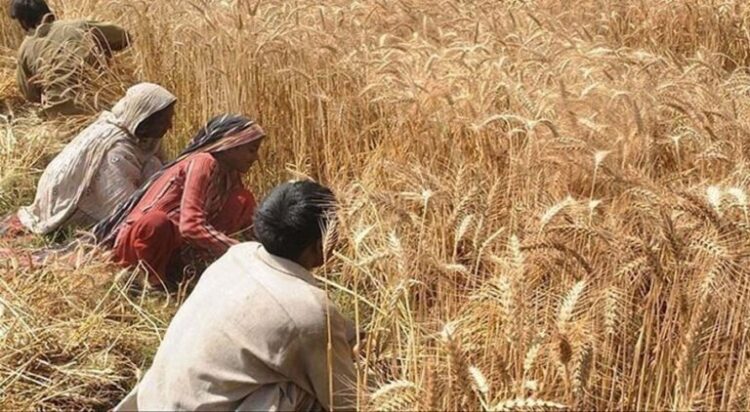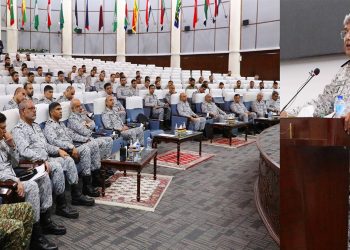The federal government is advancing its plan to deregulate Pakistan’s wheat sector as part of its agreement with the International Monetary Fund (IMF) under the 37-month Extended Fund Facility (EFF). This policy shift, effective from the fiscal year 2025-26, aims to improve market efficiency and meet IMF benchmarks for economic reform.
To facilitate the transition, the Ministry of National Food Security and Research (MNFSR) will host a “National Workshop on Deregulating the Wheat Sector” on January 24, 2025, in Islamabad. The workshop will bring together key stakeholders to discuss strategies for deregulation while balancing the need to maintain strategic wheat reserves and ensure national food security.
The proposed changes will see the government phase out its role in setting wheat support prices and procurement targets, which have historically been used to stabilize prices and ensure food security. The Pakistan Agricultural Storage and Services Corporation (PASSCO), responsible for wheat procurement and storage, will be wound down as part of this process.
The MNFSR has called on provincial governments to develop food security plans aligned with the new market structure. A concept paper on managing wheat reserves and buffer stocks will be reviewed at the workshop to guide future policies and prevent potential food security crises.
Additionally, the government is considering the establishment of a new state-owned entity to manage strategic wheat reserves, with shared ownership between federal and provincial governments. This new entity would oversee existing storage facilities and develop a more efficient model for wheat procurement and storage.
This shift represents a major change in Pakistan’s agricultural policy, moving towards a more deregulated and market-driven approach. The success of this transition will depend on careful planning and collaboration among stakeholders to address potential challenges related to food security and market volatility.

































